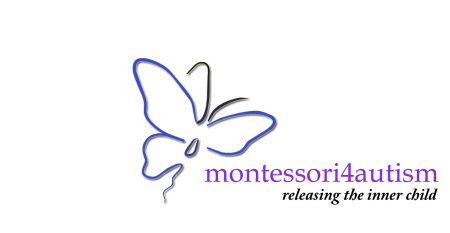Substandard ABA Services
Substandard ABA Services
Both the quantity and quality of ABA services provided at public schools deserve serious attention. Given the demonstrated potential of ABA to promote rehabilitation in ASD children, it is unethical to intentionally withhold ABA services (or provide substandard services) in the same way that it would be unethical to withhold effective treatment for any other serious medical condition. One can reasonably argue that the impact of ABA services for ASD children has parallels with pediatric oncology treatments in that both kinds of therapeutic intervention can be profoundly life-altering in a subset of patients. Thus, it is outrageous that some school districts to make a concerted attempt to withhold or misrepresent ABA services.
Intensive and individualized ABA therapy can literally “rewire” the brain and reshape behaviors, especially if administered at an early age. However, in many public special education programs, ABA is simplified to discrete trial training (DTT), with its inherent limitations. Often, ABA services are administered haphazardly, non-scientifically, and by individuals with inadequate professional training. Moreover, school ABA services are often generic, robotic, uncoordinated, and typically lack the critical element of generalization. Inadequate ABA services can do more harm than good and would not lead to fostering independent thinking and functioning.
